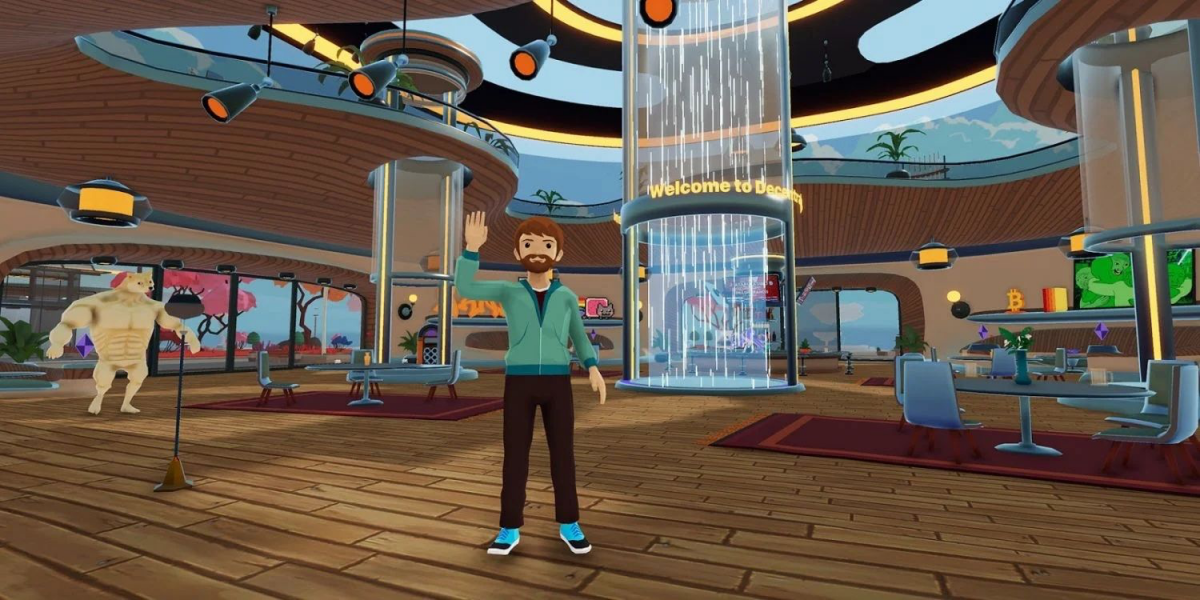By Marco Passoni
The Metaverse is already a much-discussed evolution of our online experience. But despite numerous headline-grabbing creations from global brands, the actual reality of the Metaverse (and how it will work in practice) remain an unknown.
So why are we looking at what it could mean already?
The truth is that whatever shape the Metaverse takes, it is going to be a game-changer for retail and travel retail alike. But how it will change the game is different for each market.
Figures from McKinsey & Co, which I shared last week, show that by 2030 the Metaverse is predicted to be a market worth $5 trillion, and many are already recognising the potential. More than half of shoppers (59%) say they are excited about the potential of this new platform and 57% of brands are already adopters. Indeed, $120 billion has already been invested in Metaverse development and innovation in the first half of this year.
Whatever shape the Metaverse takes, it is going to be a game-changer for retail and travel retail alike
Of course, this new online platform will create huge new opportunities for digital retail and e-commerce, but in a market such as travel retail it will also have a huge impact on physical retail. The Metaverse is going to enhance the importance of connectivity and interaction and these are assets that travel retail already has. The trend for Revenge Shopping and the increase in in-store interaction shows that travel retail has a natural pull for shoppers. This is a market which has a dedicated footfall that – unlike physical malls – will not be lost to the Metaverse. Physical presence is the main attraction of travel, so shoppers will still be in airports and airport stores.
But what they are looking for will have changed. As the Metaverse offers a more experiential and immersive platform, physical retail outlets are going to have to start adapting their offer to meet the expectations of those who have interacted with brands and products in a digital space.
Travel retail’s potential as a ‘phygital’ hotspot can only be realised if brands are allowed to take control and truly deliver the experience shoppers are looking for.
Metaverse users are unlikely to be interacting with retailers on the platform, but they will be engaging with brands and they are going to want to see those online experiences seamlessly brought to life in a physical realm. Failure to do so could see travel retail left adrift.
As the Metaverse offers a more experiential and immersive platform, physical retail outlets are going to have to start adapting their offer to meet the expectations of those who have interacted with brands and products in a digital space.
Engaging shoppers in both the Metaverse and its travel-retail related outlets is going to take a different approach as well. Currently the Metaverse is seen through the eyes of platforms such as Roblox, Fortnite and Decentraland, which have a heavy gaming aspect to them. Users of these platforms will need to be engaged with physical travel retail outlets via gamification and interaction which draws them into the physical world.
Meanwhile, less engaged shoppers will need to find their place in and uses for the Metaverse as it develops, but travel retail will have to maintain its unique offer to ensure it remains part of the market but not swallowed by it.
The future of retail and digital is coming and the Metaverse is set to be a big part of that. While this new platform is defined and worked out (at the moment all the platforms within it act separately) this is the time for brands to dip their toe in and find their groove. Once it lands it will build quickly and no one wants to be left behind.



